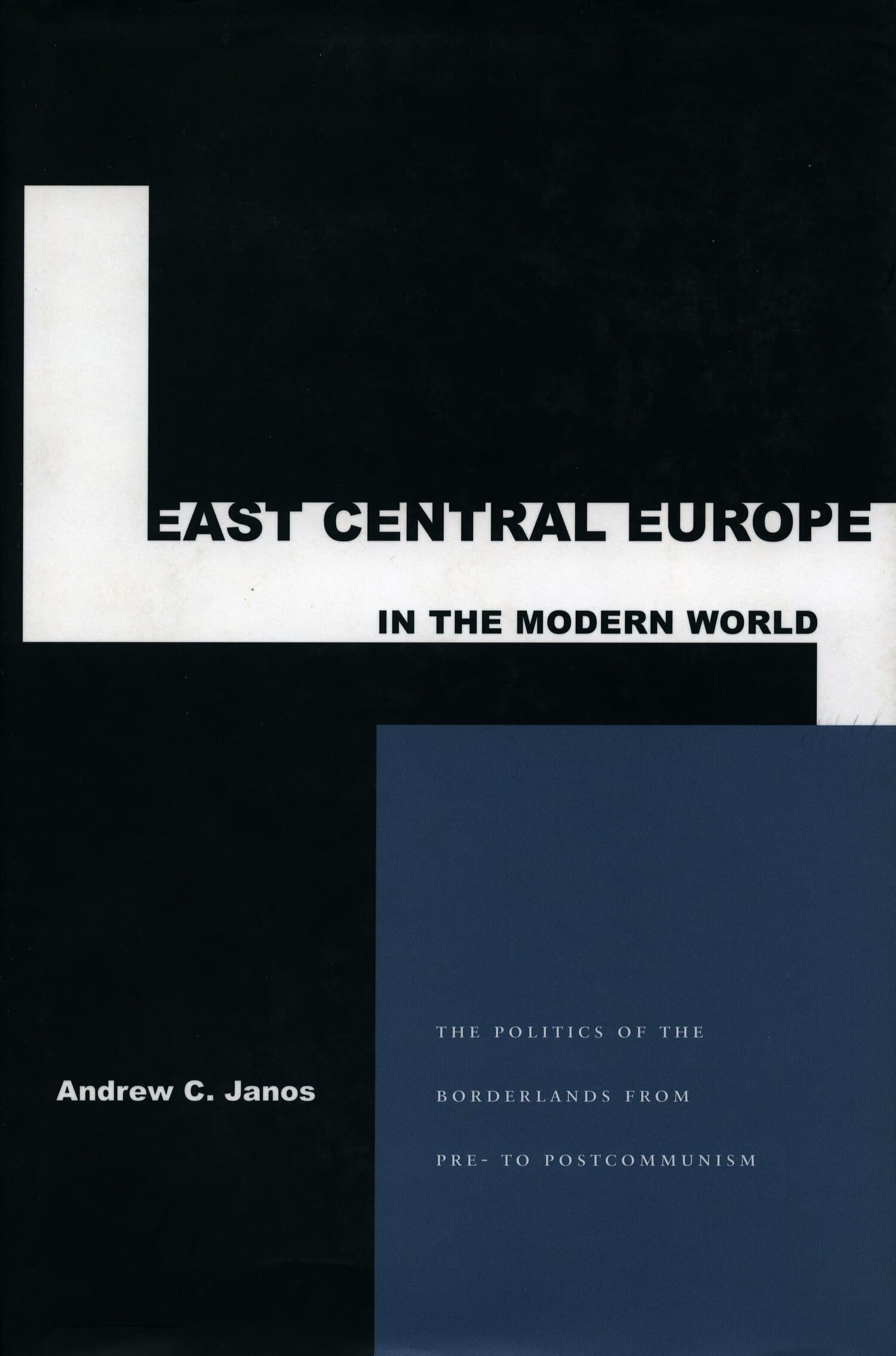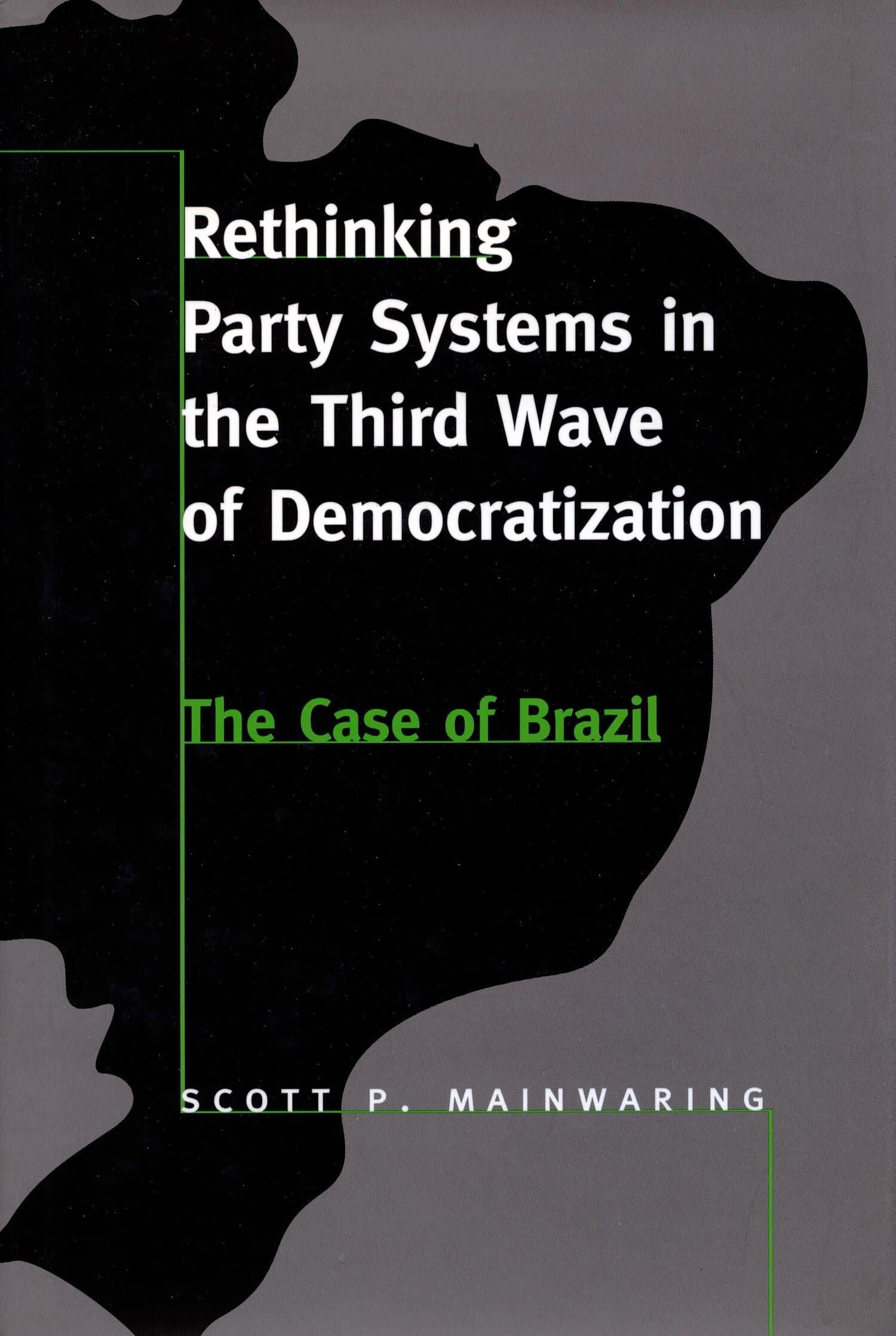Marxism and the Interpretation of Dreams

This book tells the story of one of the largest and most multinational communist parties in interwar Europe: the Czechoslovak communist party. Rather than telling a story rooted in later divisions between East and West, Molly Pucci considers the party in a Central European context, shaped by the common experiences of postwar displacement, imperial collapse, economic and social upheaval, grassroots violence, and the uncertain power of revolution.
Starting with the party's unique approach to socialism, derived from its Austro-Marxist heritage, she discusses its diverse Czech, Slovak, Jewish, Hungarian, Ruthenian, Polish, and German national groups and unique role in fostering radical emigre communities from across the region. Pucci offers a vibrant new history of how the party's artists, novelists, poets, photographers, lawyers, and journalists made sense of, and sought inspiration from, the socialist experiment in the East. Placing the party's history in a regional, transnational, and global perspective, she provides a multinational, multilingual perspective on early communist ideas, networks, and culture in Central Europe.




